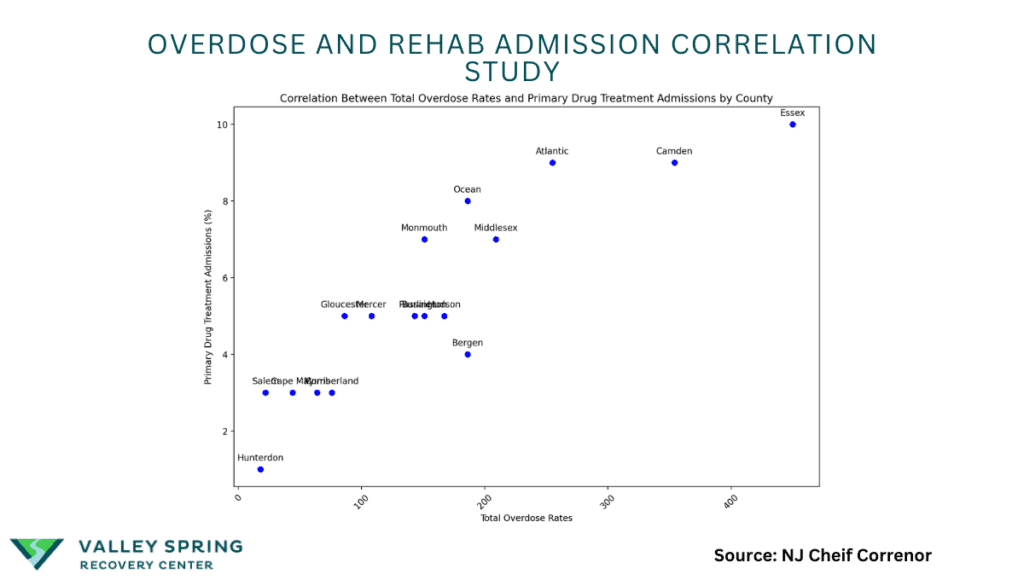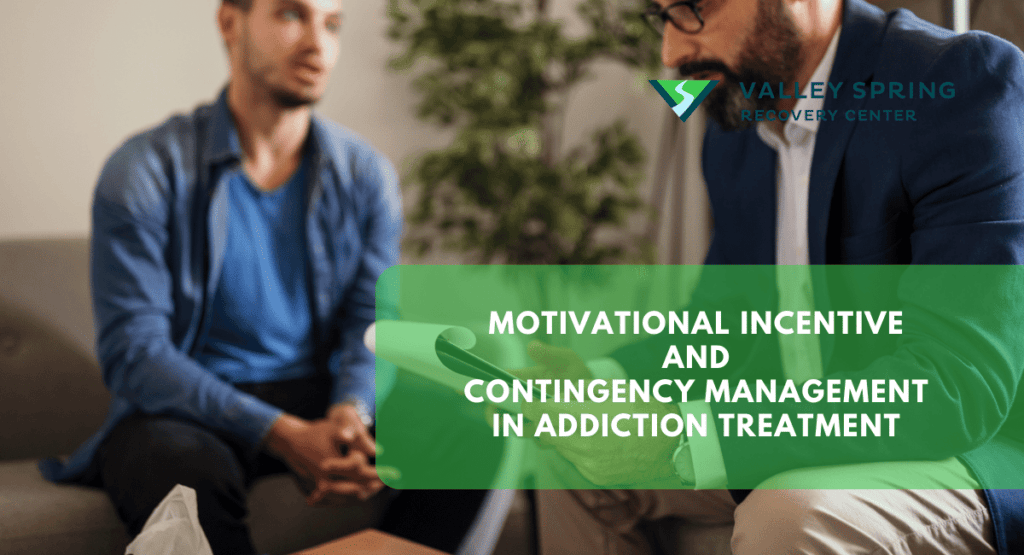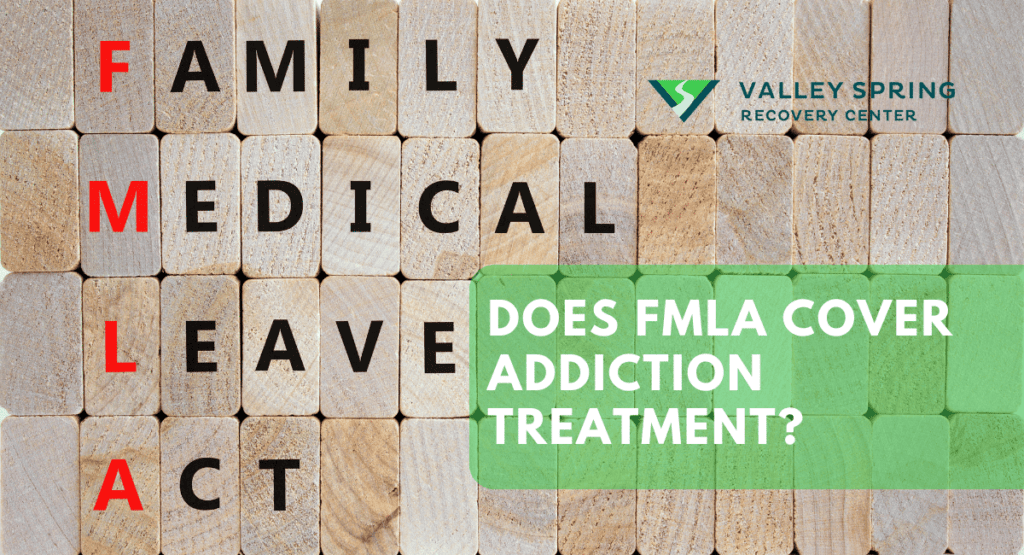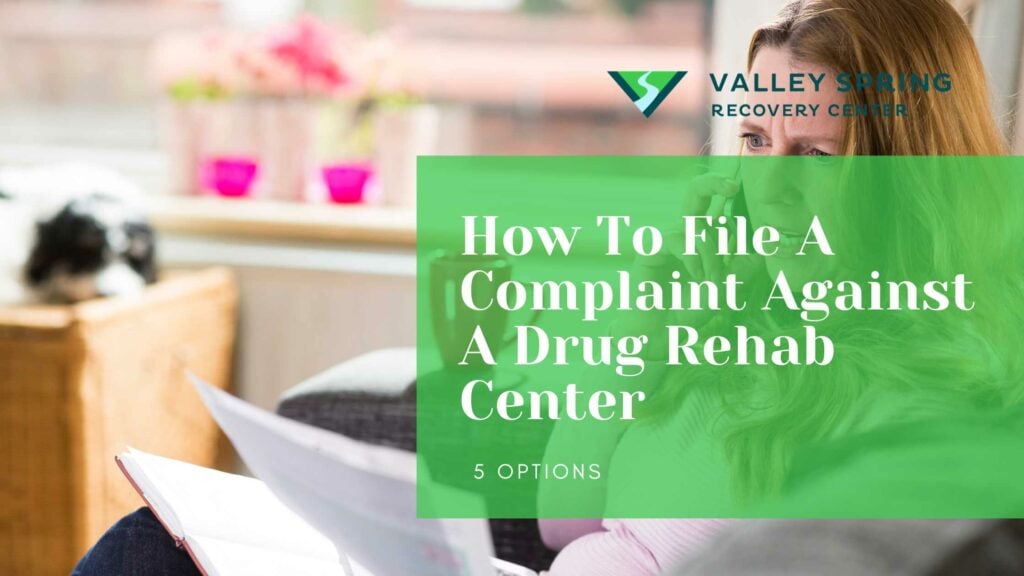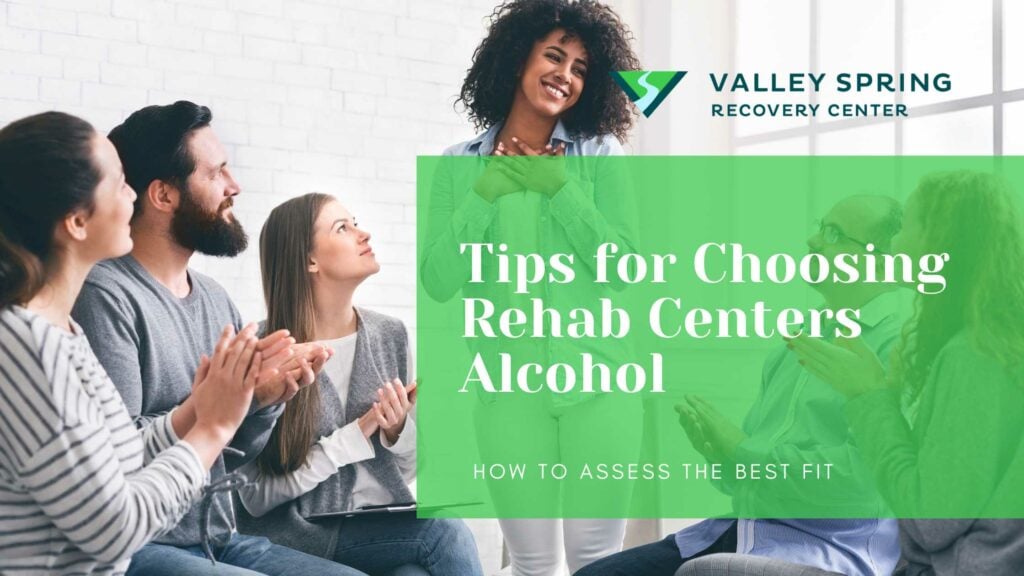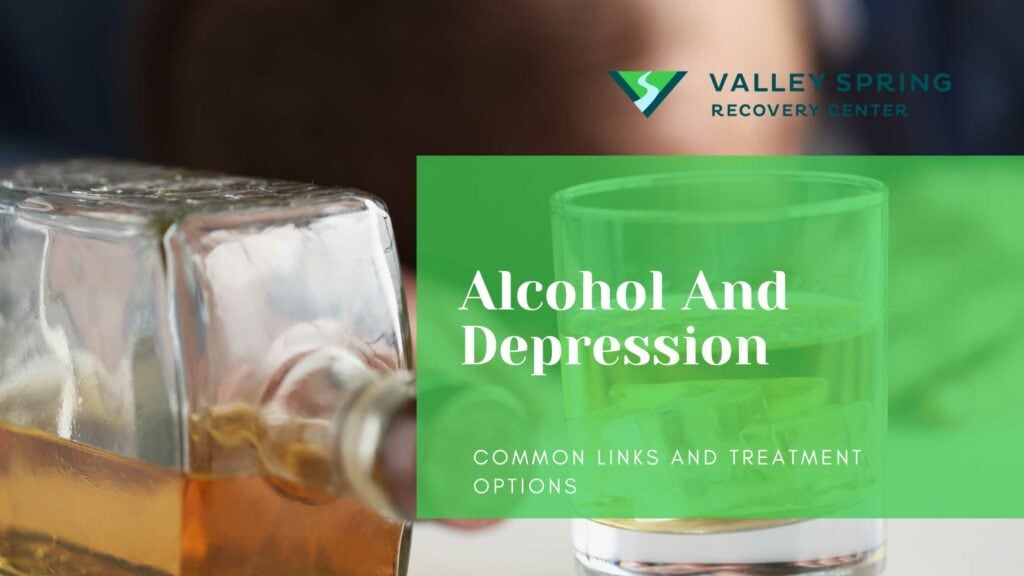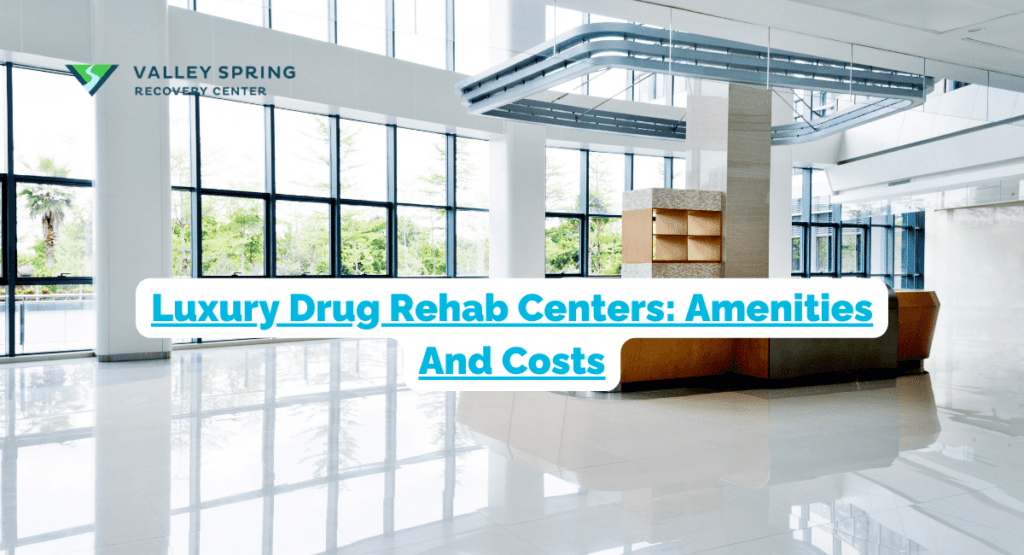In the realm of addiction treatment, the effectiveness of rehabilitation programs is a critical area of study. Recent research indicates that longer-term rehab programs, particularly those extending beyond the standard 90-day period, show significantly improved outcomes for individuals battling addiction. A pivotal study by the National Institute on Drug Abuse (NIDA) found that participants in longer rehab programs have higher rates of sustained recovery. This introduction delves into the intricacies of long-term rehab programs, examining their structure, benefits, and the reasons they are increasingly recommended by healthcare professionals.
Long-term rehab programs provide a more comprehensive treatment approach. They allow sufficient time for individuals to not only detox from substances but also to engage deeply in the psychological and behavioral aspects of addiction. This comprehensive approach addresses the root causes of addiction, rather than just the symptoms.
The extended time frame of long-term rehab offers more opportunities to develop robust relapse prevention strategies. These programs often include extensive training in coping skills, stress management, and strategies to handle triggers, which are crucial for maintaining sobriety after the program ends.
What is 90-Day Rehab?

A 90-day rehab program is an intensive, comprehensive substance abuse treatment that lasts for approximately three months. The primary goal of these programs is to provide individuals with the necessary relapse prevention skills, equipping them with the techniques to manage stress and other issues without resorting to drugs or alcohol. Incorporating evidence-based behavioral interventions and medical treatments, 90-day rehab programs address mental health disorders alongside addiction.
The National Institute on Drug Abuse recommends a minimum of three months of treatment to effectively reduce or cease compulsive drug use or alcohol addiction. A study by the Butler Center for Research at Hazelden Betty Ford Foundation stated that about 89% of patients who complete alcohol rehab are sober one-month post-treatment. 76% of patients who complete treatment report maintaining sobriety at three months. Individuals who complete the full continuum of care which takes more time have a higher likelihood of sustained sobriety.
What Happens In a 90-day + drug rehab program?
1) Detoxification Process
The first step in any 90-day rehab program is medically assisted detoxification. The purpose of detox is to ensure a comfortable and safe withdrawal from certain substances, helping to ease the transition into rehab. Detoxification typically ranges from 4 to 7 days, although this timeframe may be extended depending on the patient’s requirements.
In the intake phase, the patient’s addiction history and any relevant medical or mental health issues are discussed with a counselor. This information is used to determine the best course of treatment, ensuring that each patient receives the appropriate level of care and support during their detoxification process.
2) Therapy and Counseling
Therapy and counseling sessions are integral elements of 90-day rehab programs. These sessions help patients identify and address the underlying causes of their addiction, as well as develop effective coping strategies to support their long-term recovery. At a rehabilitation facility, many activities typically take place each day. These may consist of drug education, group therapy, counseling, recreational and mindfulness activities, and more.
Alternative therapies, such as mindfulness and meditation, are also available in certain facilities. These therapies can complement traditional treatment approaches, including behavioral therapies, providing patients with a well-rounded and comprehensive recovery experience.
3) Medication-Assisted Treatment
In some cases, medication-assisted treatment (MAT) may be utilized alongside therapy to manage withdrawal symptoms and cravings. For example, medications such as buprenorphine or methadone can be used to reduce the severity of opioid withdrawal symptoms without causing a euphoric effect like heroin or painkillers.
The inclusion of MAT in a 90-day rehab program can help patients better focus on their recovery and therapy, ensuring they have the support they need to overcome addiction. By addressing both the physical and psychological aspects of addiction, medication-assisted treatment can improve overall outcomes and increase the likelihood of successful recovery.
4) Focus On Life Skills and Relapse Prevention
One of the greater benefits of a longer-term program is the amount of time individuals have to focus on their plan when they integrate back into normal society. The extra time allows for more attention on life skills like financial planning and employment, along with building a support system and peer recovery network that can serve as a cornerstone of recovery after treatment.
What Are The Benefits of Choosing a 90-Day Rehab Program?

A 90-day rehab program offers numerous advantages such as comprehensive care, dual diagnosis treatment, and an enduring support network. Research has shown that longer programs, such as 90-day alcohol rehab programs, are more effective at reducing or eliminating compulsive drug or alcohol use.
Upon completing a 90-day rehab program, patients will have developed long-term competencies and established a solid foundation that enables them to be successful in their recovery journey.
Comprehensive Care
Comprehensive care is an approach to healthcare that takes into account the physical, mental, and emotional health of an individual. In a 90-day rehab program, this approach provides a comprehensive and personalized treatment plan tailored to each patient’s individual needs. By addressing all aspects of a person’s health and well-being, comprehensive care can result in improved outcomes in recovery.
A 90-day rehab program with comprehensive care enables patients to focus exclusively on their recovery, receiving essential treatment and support to address their addiction and develop new coping mechanisms. This form of care, an outpatient treatment, also offers a more supportive atmosphere, with patients surrounded by a team of healthcare professionals dedicated to helping them achieve their goals.
Dual Diagnosis Treatment
Dual diagnosis treatment addresses co-occurring mental health and substance use disorders, providing a more comprehensive approach to treating addiction. By treating both conditions concurrently, dual diagnosis treatment can result in improved overall outcomes, increased likelihood of successful recovery, and better management of both mental health and substance use disorders.
Although dual diagnosis treatment can present challenges, such as locating a provider with experience in both mental health and substance use disorders, the benefits of this integrated approach far outweigh the difficulties. By addressing all aspects of a person’s health, dual diagnosis treatment can provide a more solid foundation for lasting recovery.
Strong Support Network
A strong support network is crucial to maintaining lasting sobriety. During a 90-day rehab program, patients have the opportunity to build relationships with peers and staff members who can offer guidance and support during the recovery process. Many rehab programs also offer group therapy sessions and other activities that help patients form meaningful connections with others.
By cultivating a strong support network during a 90-day rehab program, patients gain access to ongoing encouragement and accountability. This sense of connection and support can be invaluable in staying motivated and focused on recovery goals, ultimately leading to long-term sobriety.
How Can You Choose The Right 90-Day Rehab Program for You?

Finding the right 90-day rehab program for your unique needs may seem daunting, but it doesn’t have to be. By assessing your personal needs, researching facilities, and understanding insurance and payment options, you can find a program that will set you on the path to lasting recovery.
Whether you’re searching for a program that specializes in a specific substance, addresses co-occurring disorders, or offers a specific treatment approach, taking the time to explore your options and consult with medical professionals will ensure you make the best choice for your recovery journey.
Assessing Your Needs
When choosing the most appropriate rehab program, consider aspects like:
- Your addiction severity
- Treatment objectives
- Support network
- Financial resources
- Treatment methodology
- Location and atmosphere of the facility
A comprehensive evaluation by a physician can help determine the most appropriate treatment plan and ensure that the chosen 90-day rehab program is suitable for your needs, following the treatment improvement protocol.
By taking the time to evaluate your personal needs and preferences, you can ensure that the chosen rehab program aligns with your recovery goals and provides the support and resources necessary for success.
Researching Facilities
Finding the right 90-day rehab program involves researching potential facilities to ensure they meet your needs and preferences. You can start by utilizing the following methods:
- Online search engines
- Consulting with a doctor
- Using the Substance Abuse and Mental Health Services Administration (SAMHSA) Treatment Locator
- Contacting addiction helplines
In your research for 90-day rehab programs, aspects such as:
- Accreditation
- Treatment methods
- Staff qualifications
- Personalized treatment plans
- Aftercare support
- The facility’s environment
- Success rates
Should be evaluated. By comparing these factors, you can find a facility that offers the best fit for your recovery journey.
Insurance and Payment Options
Many health insurance plans provide coverage for addiction treatment, including 90-day rehab programs. To ensure maximum coverage, locate a rehabilitation facility within your insurer’s care network.
In cases where insurance is not available or coverage is inadequate, some rehab facilities offer payment plans or fees that vary depending on income. To verify insurance coverage for rehab treatment, review your policy or contact your insurance provider directly. You can also inquire about available payment options by contacting the rehab facility directly.
How Can You Prepare For 90-Day Rehab?
Before starting your 90-day rehab program, make sure all your personal affairs have been managed appropriately. This includes arranging for someone to manage your bills, care for any pets or children, and monitor your residence. Additionally, you may need to take a leave of absence from work or take a semester off of school.
Knowing what to expect during your 90-day rehab journey can help alleviate any anxiety or apprehension you may have. By arranging logistics and setting personal goals for recovery, you can focus on what truly matters: healing and moving forward on your path to lasting sobriety.
Comparing 30-Day and 90-Day Rehab Programs: Which One is Right for You?
When considering addiction treatment programs, the duration can be a pivotal factor in a person’s recovery journey. A 30-day program provides a focused and intensive treatment experience aimed at initiating sobriety and providing essential coping skills. However, a 90-day program may afford a more comprehensive treatment approach, offering a deeper dive into the underlying issues of addiction and more time for behavioral adjustments. While the 30-day program may be more suitable for those who cannot take extended time away from their responsibilities, studies indicate that longer treatment periods like the 90-day program often yield better long-term outcomes. Each program has its distinct benefits, and the choice ultimately depends on individual circumstances and needs. To learn more, you can visit Valley Spring Recovery’s pages on their 30-day and 90-day programs.
Aftercare and Maintaining Long-Term Sobriety
Aftercare, sometimes referred to as continuing care, is a vital component of maintaining long-term sobriety following the completion of a 90-day rehab program. By engaging in aftercare activities such as sober living environments, ongoing therapy, and support groups, you can continue to build on the progress made during rehab and strengthen your foundation for lasting recovery.
The significance of aftercare is paramount, offering continuous support and resources to avert relapse or resumption of substance use. By prioritizing aftercare, you can ensure that your recovery journey continues long after the initial 90-day rehab program is complete.
Sober Living Environments
Sober living environments are residential settings designed to provide a supportive, drug-free living environment for individuals recovering from addiction. These transitional housing options help individuals who have completed a formal addiction treatment program progress towards reintegrating into society.
The benefits of sober living environments include:
- A secure and encouraging atmosphere for those in recovery, allowing them to focus on their recovery without the distractions and temptations of everyday life
- Offering a structured setting with rules and regulations, helping individuals stay on course with their recovery goals
- Maintaining long-term sobriety
Ongoing Therapy and Support Groups
Sustained therapy is essential in addiction recovery, as it provides continued support, helps individuals address underlying issues, and teaches coping skills to prevent relapse.
Engaging in support groups and group counseling can offer a sense of community, help individuals stay accountable, and create a safe environment to share experiences and learn from others.
By participating in ongoing therapy and support groups, you can continue to strengthen your recovery foundation and maintain long-term sobriety. These resources provide a network of individuals with shared experiences, offering:
- Encouragement
- Guidance
- Support
- Accountability
As you navigate the challenges of life after rehab.
What is the recommended duration for effective addiction recovery?
Effective addiction recovery typically requires a minimum of 90 days, according to the National Institute on Drug Abuse.
This is because the body needs time to adjust to the absence of the substance and to develop new coping mechanisms.
What types of therapies are included in 90-day rehab programs?
90-day rehab programs typically include evidence-based behavioral interventions, medical treatments, and alternative therapies such as mindfulness and meditation to provide comprehensive treatment for individuals.
These interventions are designed to help individuals identify and address the underlying causes of their addiction, as well as develop the skills and strategies needed to maintain long-term sobriety.
The length of a 90-day program allows individuals to stay on track.
Are 90-day rehab programs suitable for individuals with co-occurring mental health disorders?
Yes, 90-day rehab programs are suitable for individuals with co-occurring mental health disorders as they provide dual diagnosis treatment to address both conditions.
Dual diagnosis treatment is a comprehensive approach that combines evidence-based therapies, such as cognitive-behavioral therapy, with medication management and other holistic treatments. This approach helps individuals better understand their mental health disorder and develop the skills to manage their mental health disorder.
What are some examples of aftercare activities for maintaining long-term sobriety?
Aftercare activities for maintaining long-term sobriety include sober living environments, ongoing therapy, and participating in support groups.
Is Long-Term Rehab Good For Someone In The Precontemplative Stage of recovery?
Long-term rehabs are good for individuals who need time to come to grips with changing their life and addiction. The contemplative stage of recovery can take time for individuals to get used to the idea of remaining sober and abstinent and staying in a stable environment for a longer period with the help of counseling can help shape mindset shifts.
Ben Fisher
All author postsShare This Post

